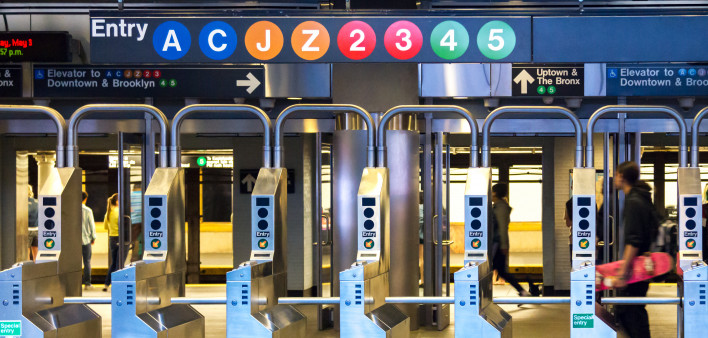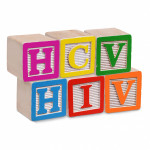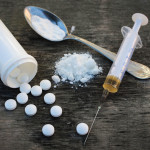New cases of hepatitis A, B and C viruses (HAV, HBV and HCV) have declined in recent years in New York City, even as HCV in particular is on the rise nationally.
The New York City Department of Health and Mental Hygiene presented these and other findings in the “Hep Free NYC: Hepatitis A, B and C in New York City 2018 Annual Report.”
An estimated 230,000 people are living with HBV in the city while 116,000 have HCV.
On the prevention front, 99% of the 1,289 infants who were born in 2017 to women with HBV received post-exposure prophylaxis after they were born to prevent their contracting the virus. A total of 18,274 people used syringe services programs in 2018. And 17,680 doses of hepatitis A or B vaccines or a combination of the two were administered in 2018.
The number of newly reported annual cases of HAV generally declined over the past decade, from 116 cases in 2008 to 61 cases in 2018. However, there were spikes in 2013 (related to food handlers), 2015 (associated with restaurants and social networks) and 2017 (among men who have sex with men).
New reports of HBV declined from 9,430 in 2009 to 6,075 in 2018, although there was a rise between 2013, when there were 6,952 new cases, and 2016, when there were 8,373 new cases.
Eighty-three people died of HBV-related causes in 2017, a 16.2% decline since 2016.
In 2009, there were 10,070 newly reported cases of HCV, a figure that declined almost steadily through 2018, when there were 4,682 new cases.
The reported risk factors among those newly reported to have hep C between November 2017 and December 2018 included injection drug use (38.9% reported this), snorting drugs (25.5%), having a history of homelessness (23.2%), having a history of incarceration (17.9%), being employed in the medical or dental field (16.3%), having contact with a household member with HCV (9.8%), receiving a nonprofessional tattoo or piercing (9.8%), having HIV coinfection (8.5%), receiving a transfusion or transplant prior to 1992 (8.4%), sexual exposure (7.2%) and receiving dialysis (3.8%).
Of the 81,329 people reported to have tested positive for HCV antibodies between July 2014 and June 2018, 89% received a positive HCV RNA test confirming a current infection, 58% started treatment for the virus and 44% were cured.
To read the report, click here.







Comments
Comments